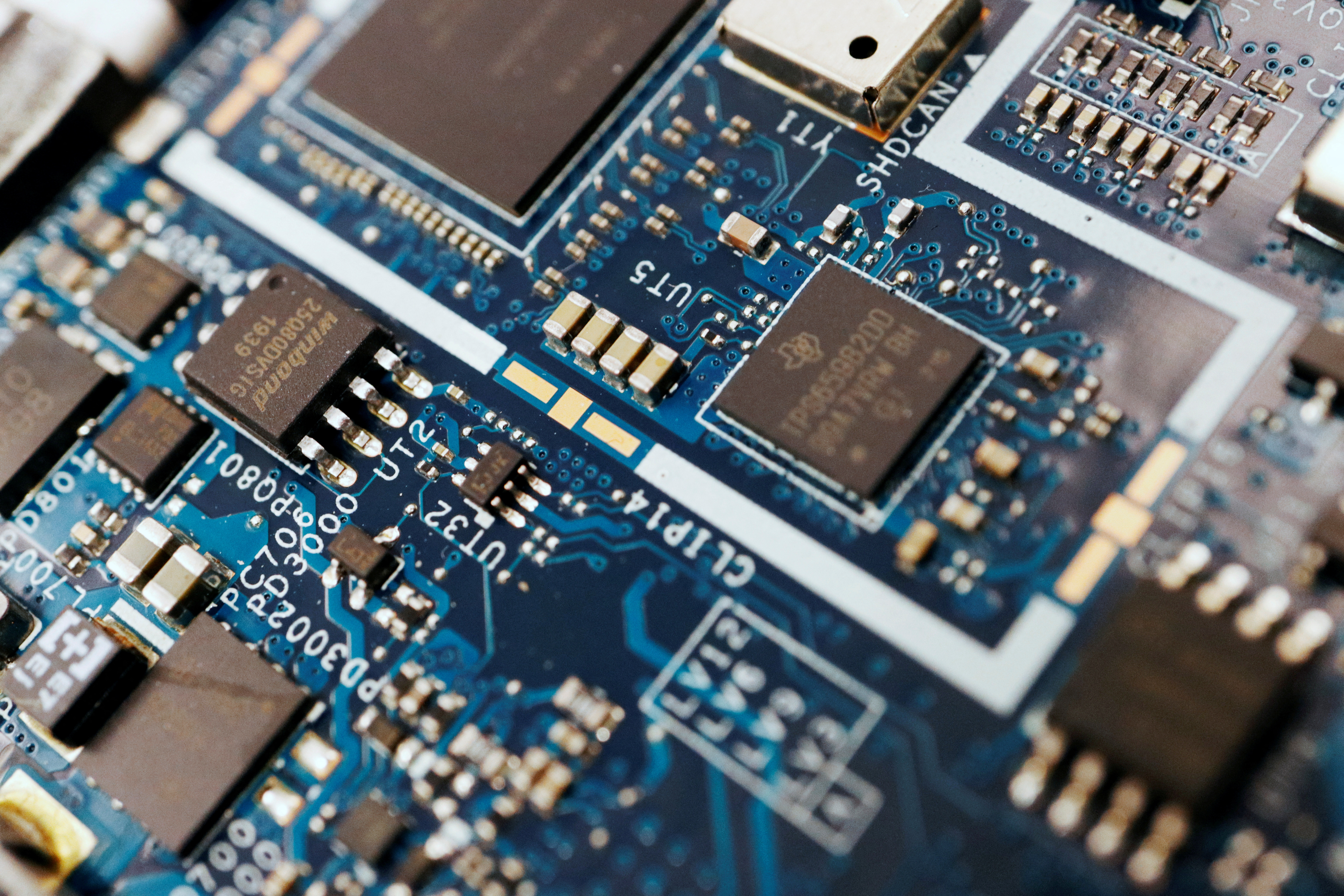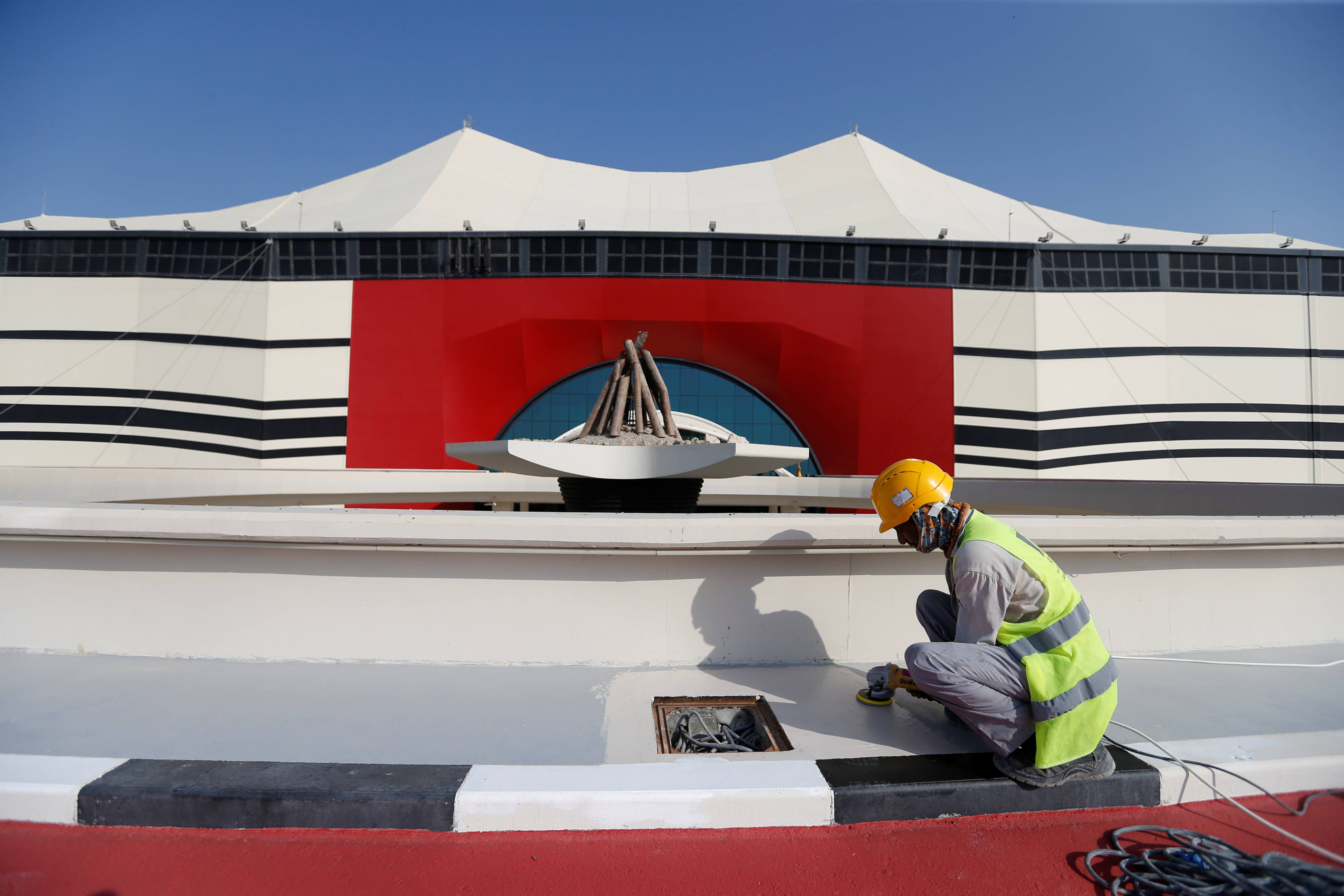From rethinking the monarchy to Elon Musk’s shoebox mementos for sale – Here’s your September 13 news briefing

A few minutes every morning is all you need.
Stay up to date on the world's Headlines and Human Stories. It's fun, it's factual, it's fluff-free.
To start off, we’re looking into:
What’s next for the monarchy post-Elizabeth?
Having invaded around 90% of countries on the planet (only 22 nations went untouched, according to historian Stuart Laycock), the UK has a long history of global imperialism. These days, though, the UK has backed off from hard-line colonialism for the most part. But, the British monarch is still the head of state for 14 former British colonies, now sovereign countries and part of the Commonwealth Realms (including Canada, Australia, Jamaica, Belize and more).
Now, though, triggered by Queen Elizabeth II’s death last week, there’s been rising criticism regarding British imperialism and the monarchy’s modern role. In fact, some Commonwealth nations are looking to rethink their relationship with the Crown. King Charles III, the successor of the British throne, is considerably less popular than his mother. So now, these countries can argue more openly against having a foreign monarchy as head of state without insulting a beloved figure like the former queen.
The US may curb chip exports to China again

China relies heavily on imported semiconductor chips even though it’s the world’s largest exporter of them. And, it’s seen chip imports contract considerably this year. From January to August, its imports were down 12.8% from the same period last year. China’s semiconductor industry has seen obstacles in recent economic headwinds and rising tensions with the US.
Soon, the Biden administration will be announcing even more curbs on these exports. Next month, according to insiders, the US plans to expand the rules based on “is-informed letters" sent out earlier this year outlining restrictions for three semiconductor companies. The letters stopped these companies from exporting chipmaking equipment to Chinese factories that produce semiconductors with sub-14 nanometer processes without a license.
We’ll have to wait to see how this plays out, but making these letters official could expand the restrictions to more US companies.
Modern slavery is skyrocketing

According to a new UN report released on Monday, as you read this sentence, around 50 million people are living in modern slavery. That’s about 10 million more than were reported five years ago.
Modern slavery can mean two things: for one, it can be people who are trapped in forced labor situations, mostly because of debts; secondly, it can include people who are in forced marriages. Women and children are the most vulnerable groups.
Of course, the pandemic played a role in growing the number of people in modern-day slavery. Experts say that economic crises around the world increased global poverty and forced people to take on more debt, and now many of those people are being forced into labor to pay it off.
The report calls for a focused international effort to fix the problem. “Promises and statements of good intent are not enough," it says.
To end, we’ll look into:
How one billionaire is doing his own climate activism

Companies make a lot of big promises about what they’re doing to combat climate change, but it probably isn’t shocking to hear that many of them don’t follow through. For example, a study that came out in February, which included a close look at companies like Google, Amazon and Nestle, found that despite lots of “net-zero” promises, these pledges will only offset about 40% of their emissions.
Well, Mike Cannon-Brookes is tired of that.
For some background, Cannon-Brookes is a big name in Australia; he’s the country’s fourth-richest person and the co-founder of Atlassian. The company creates software for developers and team leaders to keep track of things. He’s worth an estimated US$17 billion.
See, he recently bought a bunch of shares in an Australian utility company called AGL, one of the country’s biggest polluters. It was on track to keep coal-powered plants around for at least the next 20 years, but when he bought all those shares, he basically said he wasn’t going to let that happen. So now, AGL is making a lot of changes and will hopefully be on a much better track when it comes to its climate emissions.
AGL isn’t the only company he’s frustrated with, though. “I could write most of their net zero plans on the back of an envelope,” he said.
Essentially, he combines his wealth and influence to get climate action done through “investor-led activism.” He and Annie, his wife, say they want to spend at least US$1.5 billion before 2030. At least US$1 billion of that will go to investments in companies where change can happen, but there just needs to be investor support for it.
“My money is out the door in eight years,” said Cannon-Brookes. “I’m not building a big foundation and having money sit there.”
In other news …
📈Stocks: MSCI’s global gauge of stocks is up 1.35% to 2,719.01.
📰Some specifics:
- S&P 500 is up 1.06% to 4,110.41.
- Nasdaq Composite jumped 1.27% to 12,266.41.
- Dow Jones is up 0.71% to 32,381.34.
- Hang Seng Index rose 2.69% to 19,362.25.
🧠Some quick factors to bear in mind:
- Ukraine making progress against Russia could be good news for the global economy and appears to be increasing investor sentiment.
- Tomorrow, US consumer price index data will be released, and it’s expected to show headline inflation rose 8.1% year-over-year in August versus 8.5% in July. Investors are hoping that these slowing price increases will slow the Fed’s interest rate hikes.
- Meanwhile, in the East, China’s modest inflation data and expectations of further government stimulus could help investors overlook the economic effects of tightened zero-COVID measures. The country’s consumer prices rose 2.5 % in August versus 2.7% in July, which was lower than expected.
👄Some comments and chatter:
- “The combination of the somewhat surprising successes in Ukraine, and the possibility of a very favorable inflation headline that maybe even shows a decline for last month, may put us into a situation where we have a continued rally here. And at that point the main threat in the short term and in the medium term will be whether earnings continue to deteriorate,” said Phillip Toews, CEO of Toews Asset Management.
- “With the domestic recovery continuing to face pressure, the low inflationary pressure gives the PBOC (People’s Bank of China) room to stay accommodative,” said Erin Xin, an economist at HSBC in a note, referring to the country’s central bank.
🛢Oil: Oil prices settled higher, even with expectations of weaker demand as supply concerns mount. US crude rose slightly to US$87.78 per barrel, and Brent crude ended up at US$94.00, up 1.25%.
👛Bitcoin: As of publication, Bitcoin is up 2.5% to US$22,329.20.
📜Iran nuclear talks get messy: Yesterday, the International Atomic Energy Agency met to discuss issues with reviving the 2015 Iran Nuclear Deal. Iran is demanding that the IAEA investigation into possible nuclear activities at undeclared sites be scrapped. If the IAEA ends the investigation, then Iran may be open to curtailing nuclear-fuel production in exchange for sanctions relief.
🍚India’s rice export curbs affect Asian trade: Last Thursday, India announced it would be trying to curb rice exports by banning the shipment of broken rice and imposing a duty on other rice exports. India is the world’s largest grain exporter, and these new restrictions have already affected trade in Asia. Already, rice prices have jumped 5% in Asia, and buyers are seeking alternative rice sources while sellers are holding off on deals, expecting prices to rise even more.
💰Taiwan’s air force seeks US$1 billion: A legislative source says Taiwan’s air force is proposing a maintenance budget almost twice what it got in 2016. For this budget, Taiwan is seeking approval for a record of US$1.16 billion in spending. According to observers, this increase is in response to PLA fly-bys and other intimidation tactics from mainland China.
🌀Typhoon Muifa approaches Asia’s largest port: Now approaching the port of Shanghai, Typhoon Muifa could pose a risk to this major container shipping hub. We’ll have to see how things play out, but the US Joint Typhoon Warning Center has projected the typhoon’s path to hit ports on China’s east coast tomorrow.
🚀Bezos’ rocket boo-boo: Soon after liftoff yesterday, Jeff Bezos’ rocket crashed back to Earth. This was the first launch accident for his space travel company, but no one was aboard, and all experiments parachuted safely to the ground.
♥The US counts millionth organ transplant: Last Friday, the US celebrated its millionth organ transplant, a healthcare milestone. Now, advocates have started a new campaign to speed up the next million transplants, encouraging more people to register as organ donors and prevent donated organs from being wasted due to policy oversights.
📸Elon Musk’s ex auctions off his photos and mementos: Elon Musk’s college girlfriend, Jennifer Gwynne, is auctioning a bunch of photos and other memorabilia from their time together at the University of Pennsylvania. As of Sunday, a birthday card he wrote to her was around US$10,000 with 23 bids.
Written and put together by Jake Shropshire, Vanessa Wolosz, Christine Dulion and Krystal Lai




Comments ()